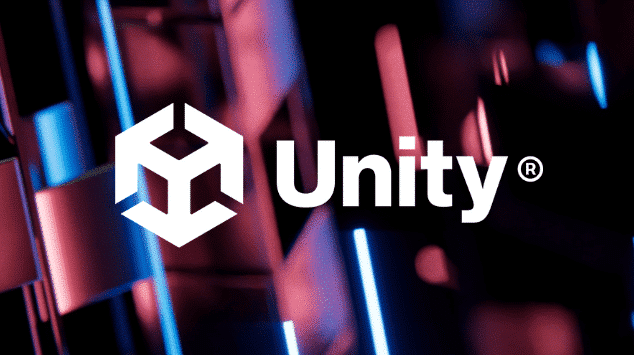Changes to the pricing structure of the Unity game engine, which is adopted by an exceedingly large number of game developers both big and small (roughly 1.5 million of them, according to a 2020 report from The Verge), have incensed the global game development community.
What is the Unity Runtime Fee?
The new Unity Runtime Fee, which is planned to take effect on 1 January 2024, means the company will charge creators a fee every time a user installs their Unity-powered game.
This means that creators who have released games powered by Unity will be charged USD $0.20 anytime a user:
- Installs their game.
- Uninstalls and reinstalls their game.
- Installs their game on multiple devices.
This would include pirated and illegitimate versions of a creator’s game, though Unity has said that it has “fraud detection practices” for its ad-serving technology, which it will leverage to try to solve that problem. “We will make available a process for [developers] to submit their concerns to our fraud compliance team.”
The fee will also apply to:
- Installing Unity-powered game demos.
- Installing Unity-powered games on subscription services like Xbox Game Pass and
Apple Arcade. - Launching Unity-powered games on cloud streaming services like Xbox Cloud Gaming and Geforce Now.
Given the large number of aspiring and student Unity developers, the company has stipulated that the fee will apply to:
- Unity-powered games that have made at least USD $200,000 in the last 12 months, and also have at least 200,000 lifetime installs for developers using Unity Personal and Unity Plus plans.
- Unity-powered games that have made at least USD $1 million in the last 12 months and 1 million lifetime installs for developers using Unity Pro and Unity Enterprise developers.
The fee will not apply to developers using Unity for film, educational, or gambling purposes.
Update: 13 September 2023 – Axios has confirmed through Unity executive Marc Whitten that the company has “regrouped” on some of its decisions, now stating that developers would only be charged upon initial installations of their games on a device. However, installations on a second device would still incur another fee.
Downloads of demos will also not be charged, “unless the demo is part of a download that includes the full game.”
Downloads through subscription services like Xbox Game Pass would be “charged to the distributor,” and games included in charity bundles would be exempt from Runtime fees, though the developer would have to inform Unity about the inclusion. More details were not provided.
Why are Game Developers Against It?
Given Unity’s ubiquity among independent game developers, including solo creators and small-sized studios, a vocal backlash has taken place due to the potential of a creator’s earnings from a game to be significantly reduced, and the financial risk of an already risky industry being increased.
The situation would be especially fraught for developers who work with publishers, and are required to split their revenue. For only mildly successful games, it reduces the possibility for developers to be able to recoup costs, let alone see a profit.
Developer Aggro Crab provided this hypothetical: “Another Crab’s Treasure will be free to install for the 25 million Game Pass subscribers. If a fraction of those users download our game, Unity could take a fee that puts an enormous dent in our income and threatens the sustainability of our business.”
“And that’s before we even think about sales on other platforms, or pirated installs of our game, or even multiple installs by the same user!”
“This would harm not only us, but game studios of all budgets and sizes,” said developer Innersloth (Among Us), who remarked, “If this goes through, we’d delay content and features our players actually want to port the game elsewhere (as others are also considering). But many developers won’t have the time or means to do the same.”
“Something as simple as releasing a demo suddenly becomes a financial risk,’ said developer Fabraz. While digital demo festivals like Steam Next Fest can be pivotal in attracting attention to a game, an install fee could hurt the team behind a popular demo by putting them into debt, before they’ve even had a chance to earn a single dollar from the game – with no guarantee that the user has actually played the demo.
“For free to play games this cost will make Unity a very expensive engine to use unless monetised properly,” remarked Ashley Ringrose of SMG Studio. “You could launch … a viral hit but earn very little over the threshold.”
Unity has since clarified that the Unity Runtime Fee would not apply to games that are distributed in charity bundles like Humble Bundle or those on Itch.io, though it did not clarify how it would be tracking those specific installs.
Game developer and consultant Rami Ismail offered this hypothetical in the case that they could not be tracked, based on the Itch.io charity bundle for Racial Equality and Justice: “If you made a game that just reached $200K in revenue at a 50/50 publisher split, and you decided to support say, this charity bundle for Racial Justice, you’d end up up to $60K in debt.”
Unity has seemingly doubled down on some of these policies in a post-announcement FAQ. There is currently no indication the company will walk back or adjust these changes just yet, but it’s likely that the unrest from Unity game developers will continue.





